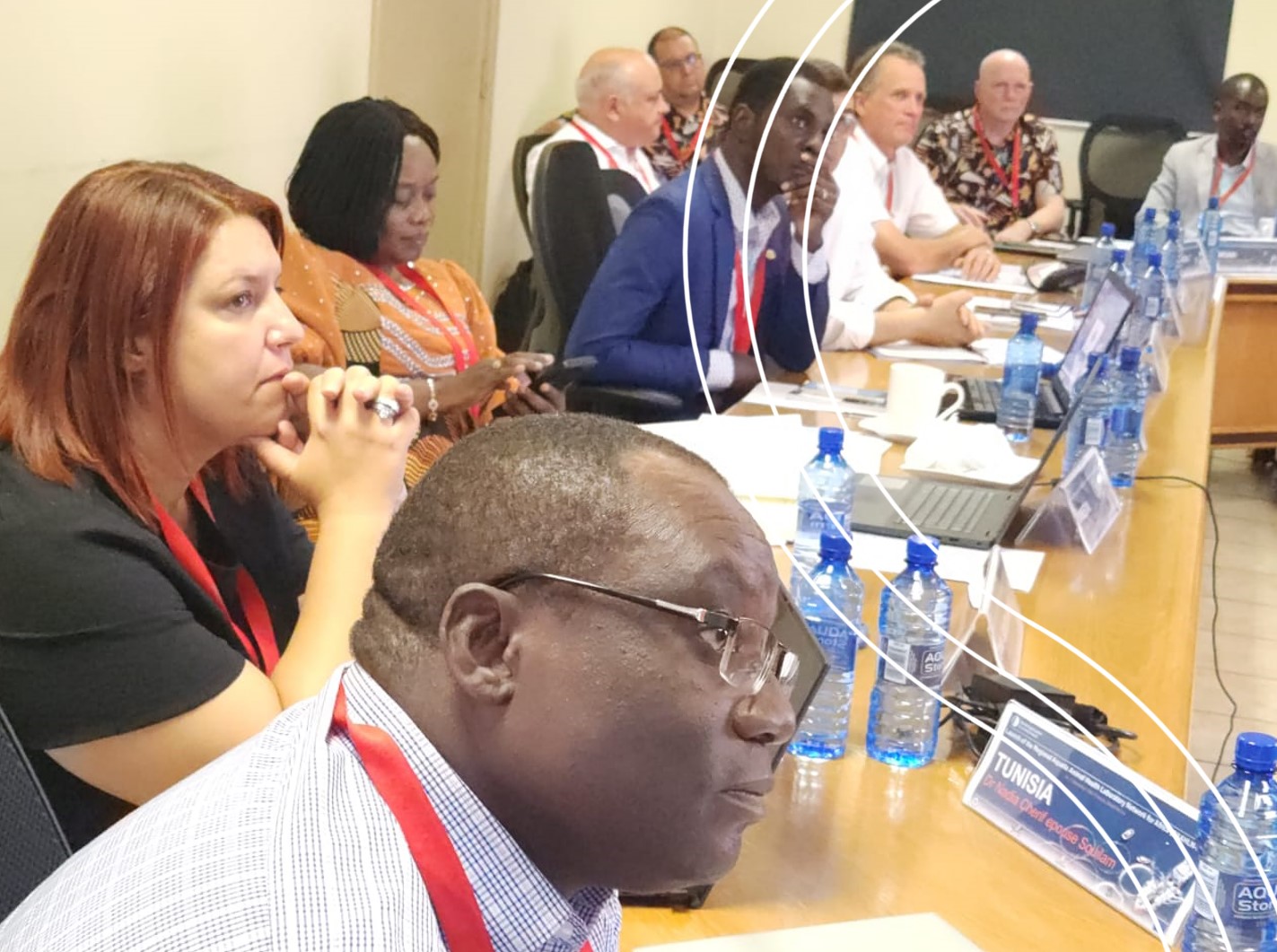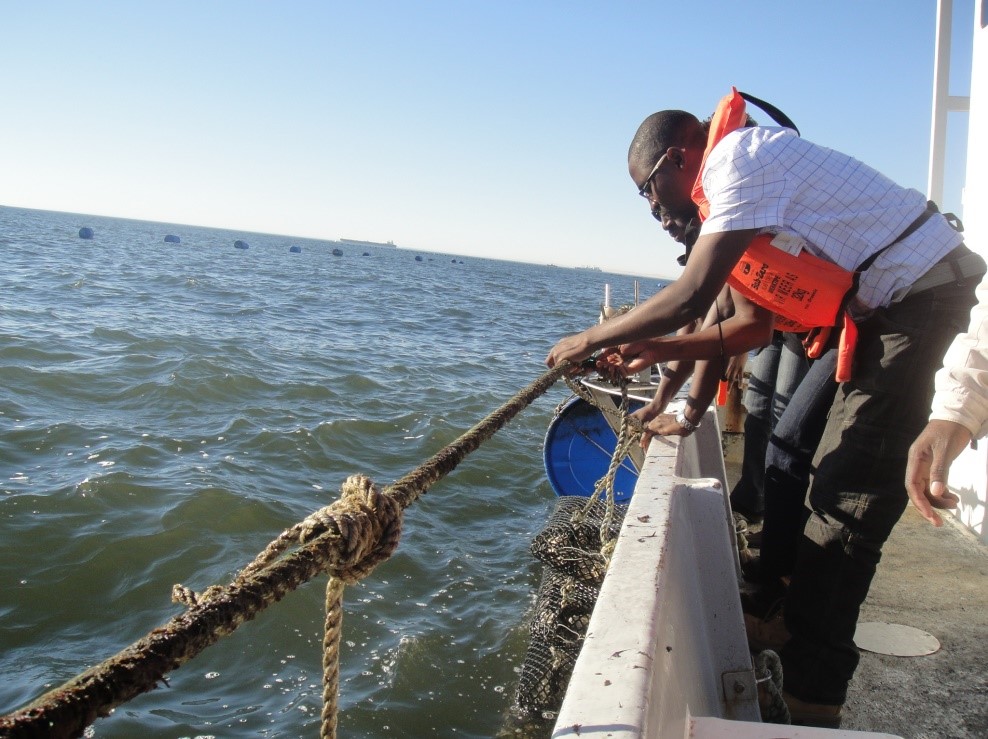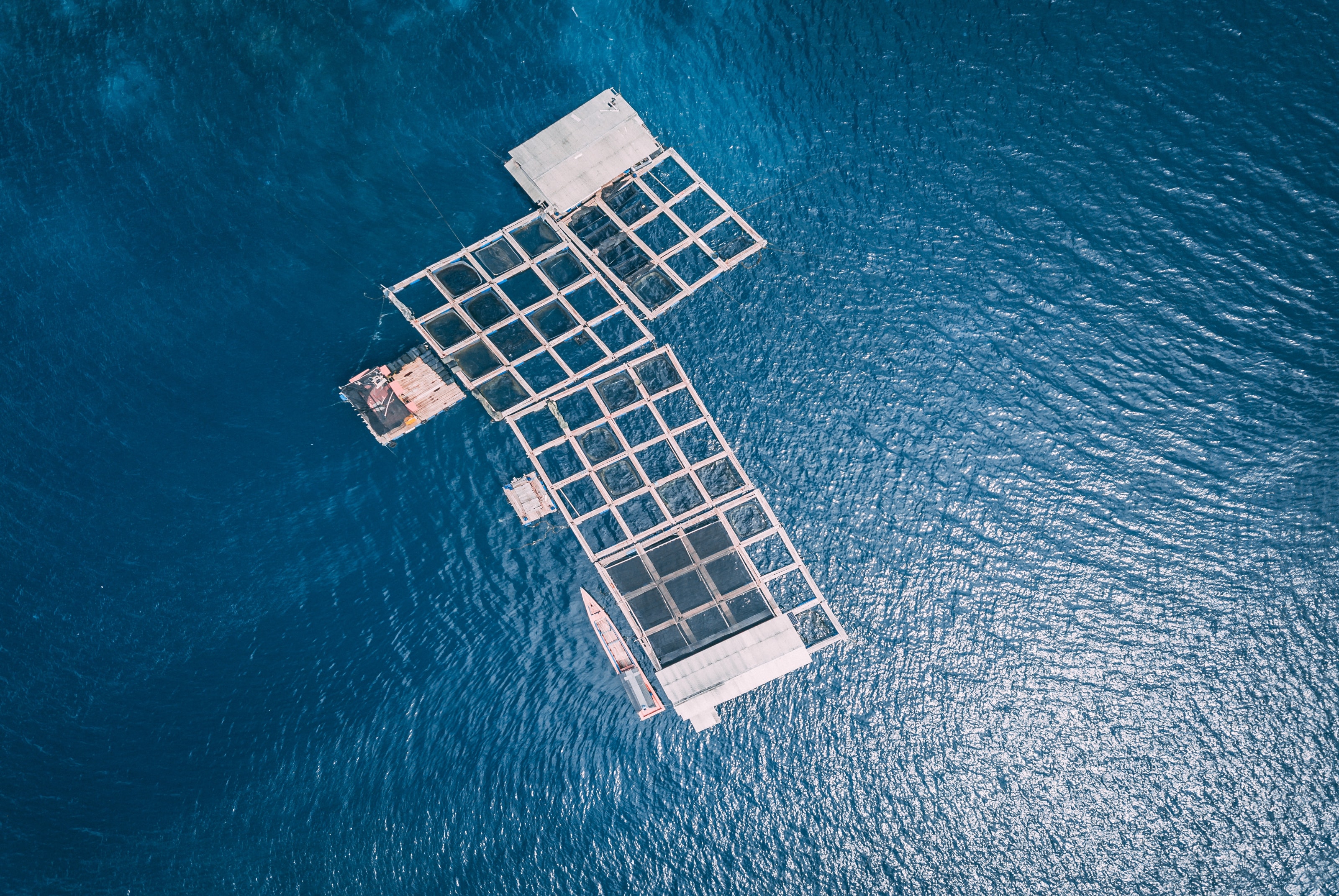
Keeping aquatic animals healthy is increasingly important with increased demand for high quality animal protein. This protein is likely to come from aquaculture. Today about half of the fish and fisheries’ products consumed worldwide comes from aquaculture. Farming of aquatic animals is likely to intensify substantially in Africa in near future.
Increased global trade and intensified production of aquatic animals generates new sanitary challenges for the aquaculture. Aquatic animal diseases can have devastating effects on the production and the livelihood of producers.
Special challenges in the aquatic animal health are the variety of species being farmed from fresh water fish, salt water fish, molluscs, amphibians and crustaceans, in varied production systems, often open to the environment. To support the growth of the industry, the health of aquatic animals must be monitored and managed carefully to overcome the sanitary challenges that come with these numerous species, the high trade volumes and the production methods.
The Aquatic Animal Health Code (often referred to as the Aquatic Code) is the international reference for surveillance, prevention and control of specific aquatic animal diseases. The Manual of Diagnostic Tests for Aquatic Animals provides requirements for diagnosis and testing for the diseases listed in the Aquatic Code (and some of the meanwhile delisted diseases). Cross-border, regional and international trade are well-known risk factors in spreading of animal diseases. If not managed properly, trade can spread diseases to new geographic areas and new diseases can emerge.
World Organisation for Animal Health (WOAH) is recognised by the World Trade Organisation (WTO) as the standard setting body for minimum requirements for safe trade in fish, crustaceans, amphibians and molluscs and their products.
The World Animal Health Information System’s (WAHIS) aquatic user interface collects and provides data on aquatic animal diseases. Members of WOAH are required to notify of aquatic animal diseases present and emerging on the WAHIS portal.
Farming aquatic animals carries ethical responsibilities as animals -including aquatic animals – are sentient beings. Unnecessary suffering must be avoided. The Aquatic Code includes several international standards on the welfare of farmed fish, during transport (Chapter 7.2.), for the stunning and killing for human consumption (Chapter 7.3.) and for the killing for disease control purposes (Chapter 7.4.).
PDF - 4.35MB
PDF - 4.06MB
05/06/2025 Ghana : Aphanomyces invadans (formerly listed as : Epizootic ulcerative syndrome)
27/05/2025 Malawi : Aphanomyces invadans (formerly listed as : Epizootic ulcerative syndrome)
26/02/2025 Burkina Faso : Gyrodactylus salaris
28/07/2023 Mozambique : Epizootic ulcerative syndrome
13/02/2023 South Africa : Koi herpesvirus
02/08/2022 Malawi : Epizootic ulcerative syndrome
30/03/2022 South Africa : Koi herpesvirus
15/08/2021 South Africa: Koi herpesvirus
02/06/2021 Malawi : Epizootic ulcerative syndrome
19/04/2021 Cameroon: Epizootic ulcerative syndrome
13/11/2020 South Africa : Koi herpesvirus disease
08/08/2020 Botswana : Epizootic ulcerative syndrome
27/07/2020 Malawi : Epizootic ulcerative syndrome
21/07/2020 South Africa : Koi herpesvirus disease
13/02/2020 South Africa : Koi herpesvirus disease
02/02/2018 South Africa : Epizootic ulcerative syndrome
02/02/2018 South Africa : Koi herpes virus disease
03/10/2016 South Africa : Epizootic ulcerative syndrome
19/08/2016 Zimbabwe : Epizootic ulcerative syndrome
01/08/2016 Kenya : Infectious haematopoietic necrosis (rainbow trout)
03/05/2016 South Africa : Epizootic ulcerative syndrome
12/08/2015 South Africa : Epizootic ulcerative syndrome
11/03/2015 South Africa : Epizootic ulcerative syndrome


